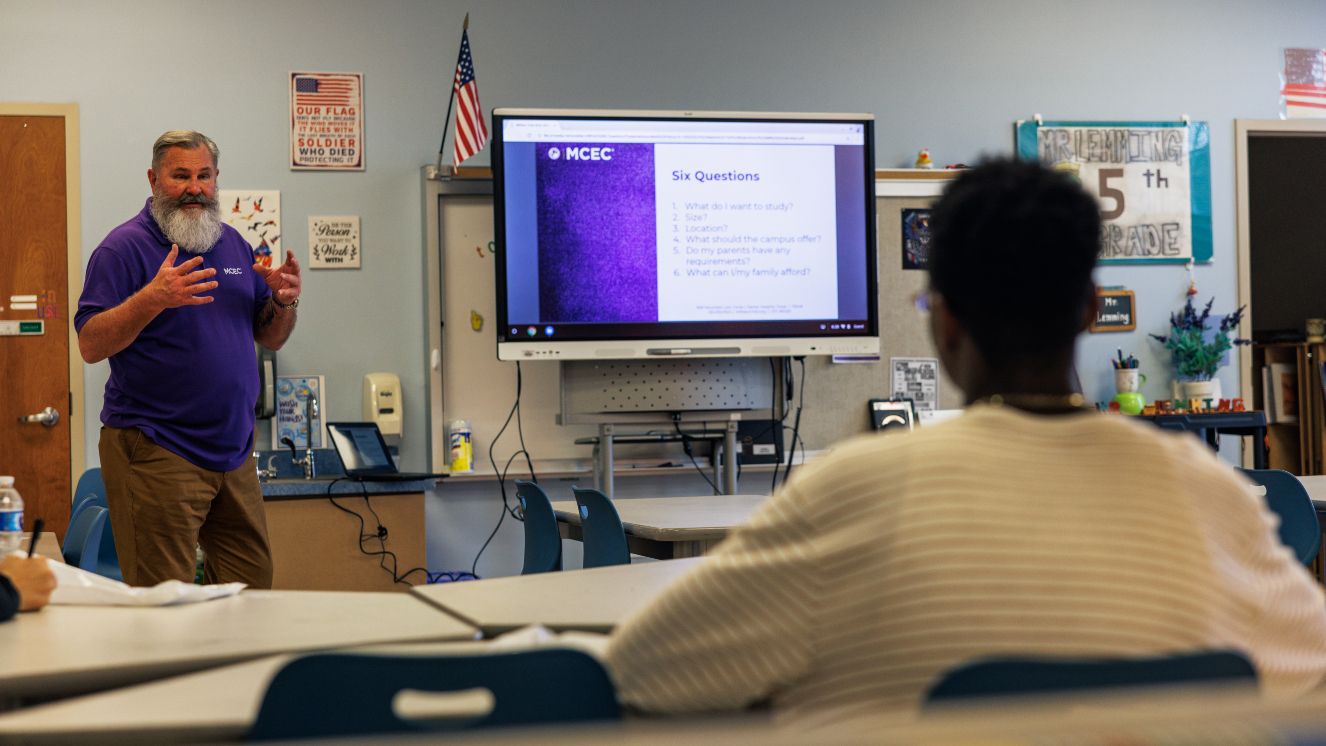MILITARY TO CIVILIAN: EMPLOYMENT TRANSITION TIPS FOR VETERANS
COMMENT
SHARE

Translating your military experience for a civilian job is one of the main challenges Veterans may face when re-entering the private sector. Civilian and military jobs have a lot of similarities in some cases, but they can also be complete opposites. Nevertheless, there are a ton of tangible and intangible skills and experiences that translate well for Vets in the workplace. Learn how to better translate your military experience for civilian employers and discover the new legislation aiming to assist in this effort.
Translating Army and Navy Skills to Civilian Careers
Proving what you can do to civilian employers through your experience from military jobs isn’t always easy. How you go about portraying yourself is going to go a long way. One of the first chances you get to land a first impression during the job hunt is through your resume. Moving from military to civilian jobs takes a few extra points of attention to detail when competing in the job world. It doesn’t matter if you’re looking for the highest paying civilian jobs after military service, something to continue your current career, or an entry-level position, here are some tips on what to do and what not to do:
What to Include
Creating a resume that effectively translates military jobs into civilian terms can be a game-changer for Veterans seeking employment. One of the most crucial steps is to use language that civilians will understand. This means replacing military-specific terminology and acronyms with civilian-friendly counterparts. For example, instead of listing your position as a commanding officer or squad leader, use terms like “team leader” when applying. Many hiring managers without experience serving aren't going to be as familiar with military jargon. Translating military terms can make your experience more relatable. In addition to using clearer language, it’s essential to focus on transferable skills gained during your military service. Both military and civilian jobs require similar skills like being a team player, leadership, showing up on time, solving problems, etc. Highlighting these attributes can show employers that you bring valuable qualities to their organization. Use examples from your military experience, such as managing teams in high-pressure environments, to emphasize your ability to work collaboratively and lead effectively under stress. Quantifying your achievements is another area that many Veterans can benefit from by using specific numbers, percentages, or other measurable outcomes to illustrate your accomplishments. Putting actual figures that are measurable helps you stand out in the crowd, particularly, when others aren’t showcasing their impact more clearly. Highlight both military and civilian education, and certifications, while tailoring each resume to demonstrate your understanding of the employer's needs. Doing so increases your chances with every application to earn an interview and ultimately, a job in the civilian sector.
What to Avoid
Just as important as it is to understand what goes on your resume, it’s important to know what to avoid. One of the main things is mentioned a bit in the section above, which is military jargon. It’s not going to help you and will only confuse many potential employers. However, when you’re translating to a civilian career from a military job, you also don’t want to use false equivalencies that end up misrepresenting your skillset. It’s just like any other resume, lying isn’t going to help you in the long run nor is accidentally misrepresenting your abilities. The sum it up, be sure to keep communication clearly and be clear about what you did in the military that will translate to your civilian role. It's best to avoid language that works against you in these regards.
2023 Legislation Supporting Veteran Job Transition
Getting more people from the military into civilian jobs is a task that Congress is taking head-on with the new bill helping Vets highlight their qualifications while making them understandable for employers. Known as the Translating Military Skills into Civilian Jobs Act of 2024, this bill is looking to help the hundreds of thousands of service members entering the private sector each year and aims to improve unemployment in the Veteran community. The bill has bipartisan support and is part of the FY 2025 defense authorization bill, aiming to ease the transition for Veterans. If the Translating Military Skills into Civilian Jobs Act of 2024 passes, in addition to helping Vets improve their chances in the job market, improved monitoring of military-to-civilian programs is also a part of the initiative. Hopefully, Congress continues to push in the right direction and improves the civilian-to-military job pipeline for Veterans moving into life after service by passing the bill and improving future efforts. Suggested reads:
Join the Conversation
BY BUDDY BLOUIN
Buddy Blouin is a Contributing Writer at VeteranLife.com
Buddy Blouin is a Contributing Writer at VeteranLife.com



